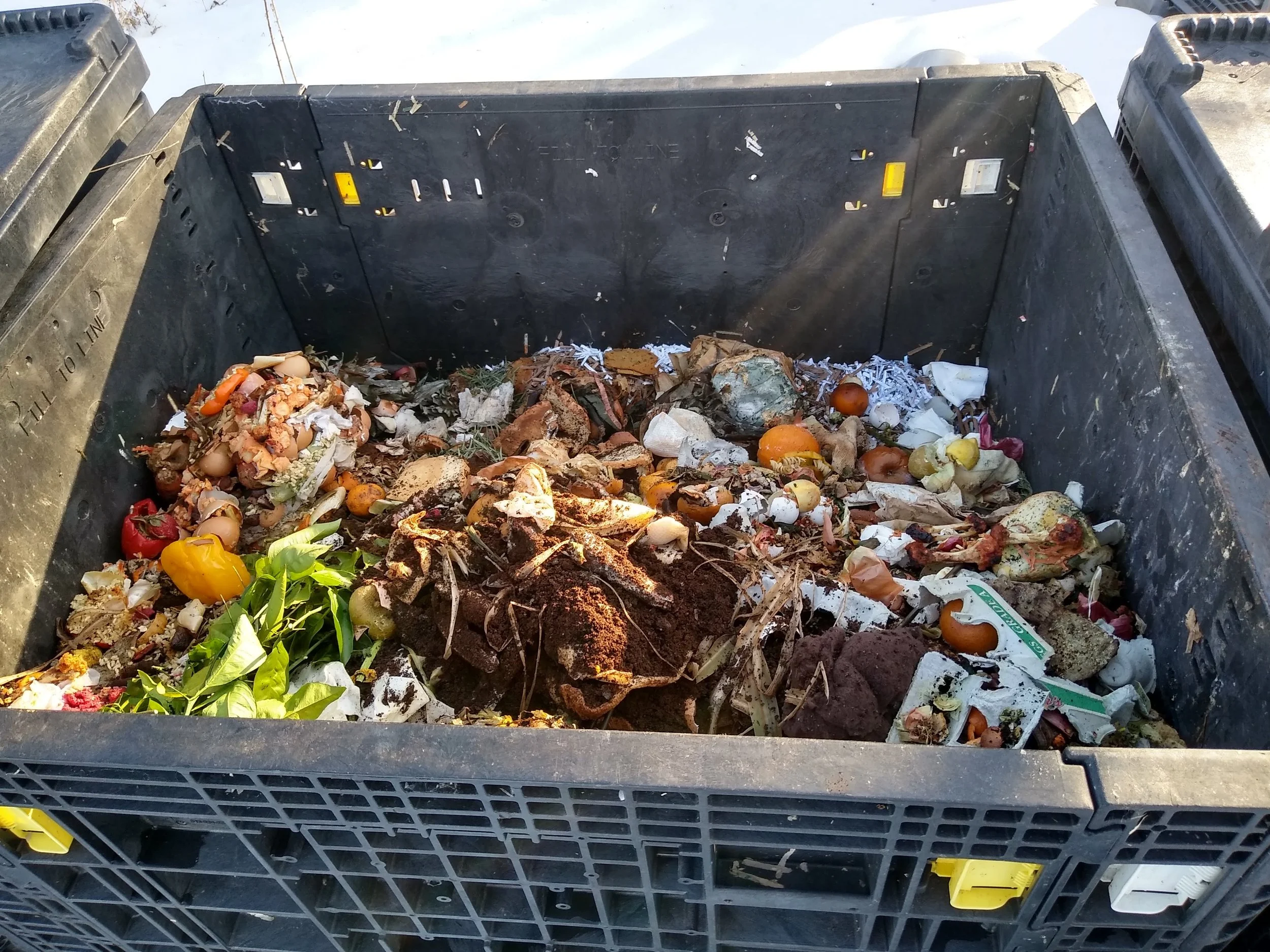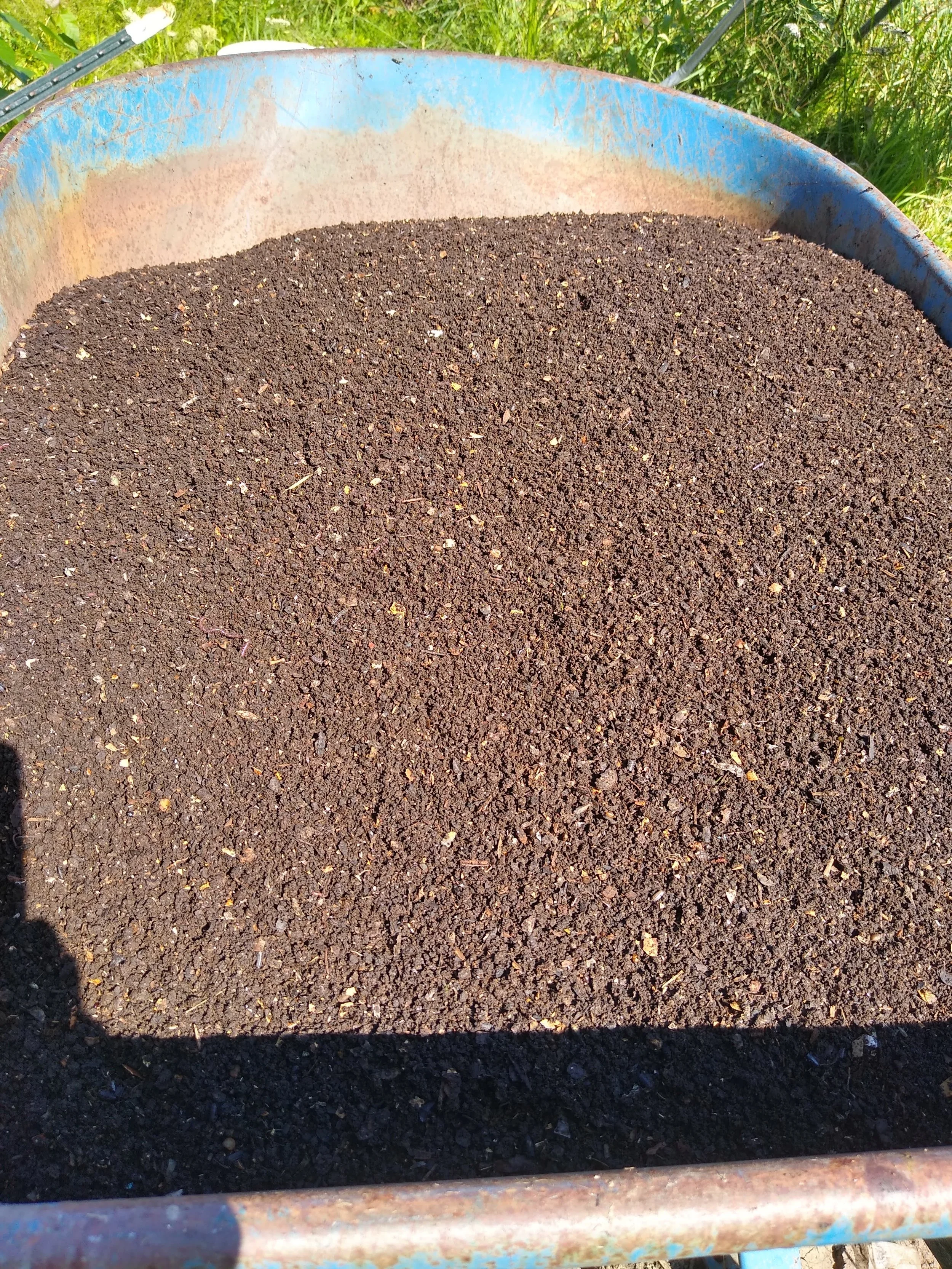From Food Waste to Garden Soil
Compost is an important soil amendment made of decomposed plant matter including food scraps. You can make right it in your backyard!
With the right recipe, your compost heap will not omit bad odors, will lighten the load (and cost) of your trash, and will greatly reduce greenhouse gas emissions from landfills.
Adding compost to soil helps to restore the organic matter content allowing for greater moisture and nutrient retention and providing necessary food for essential microorganisms that live in healthy soil.
It may not always be necessary to sift compost before using it in your garden, but it does offer several benefits:
Sifting helps separate unfinished compost materials from the finished product.
Sifting helps separate undesirable debris and waste from desirable organic materials before spreading your compost in the garden.
Sifting compost ultimately results in a better planting medium that’s free of lumps and clumps. It’s particularly valuable for making finer compost for seedlings.
Sifting is an excellent way to aerate the compost, which will improve the soil structure of your garden beds. This saves you a lot of time and effort compared to the traditional way: turning over compost with a shovel.
Sifting your compost helps you create high-quality compost for potting, containers, or soil amendment that’s just as good as store-bought options, if not better, because you can control what goes into the compost mixture.
A compost sifter helps you save money that you’d otherwise spend on ready-made compost.


